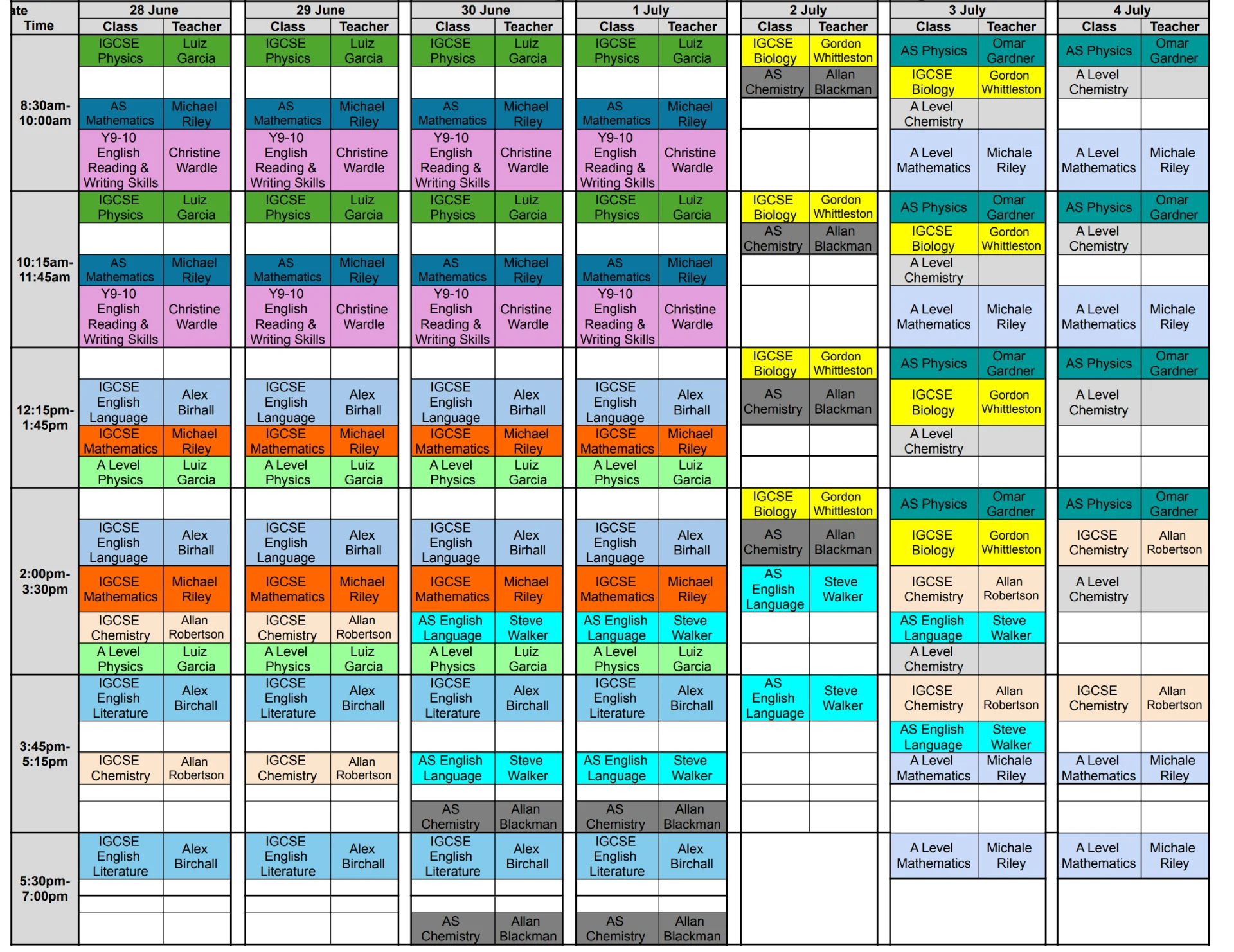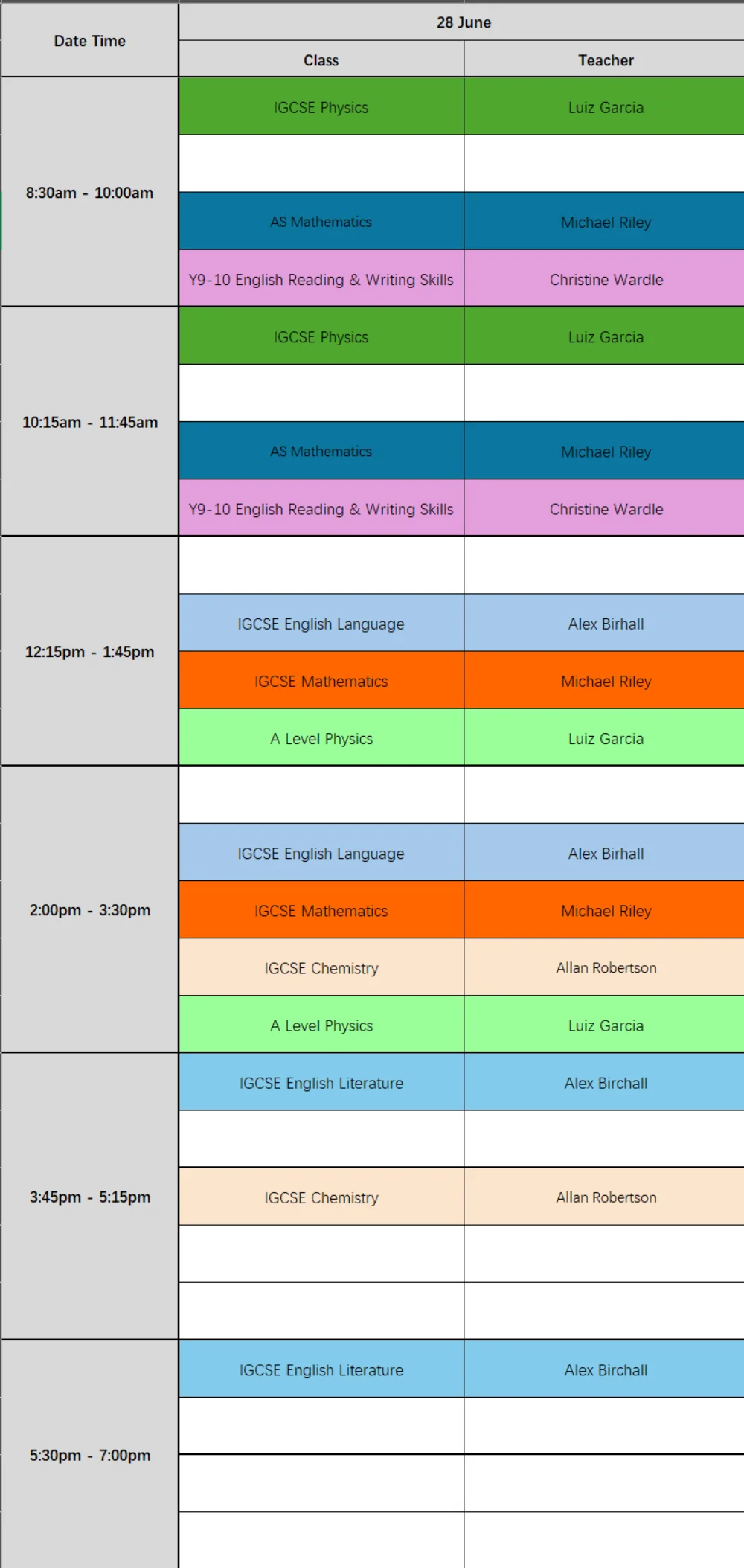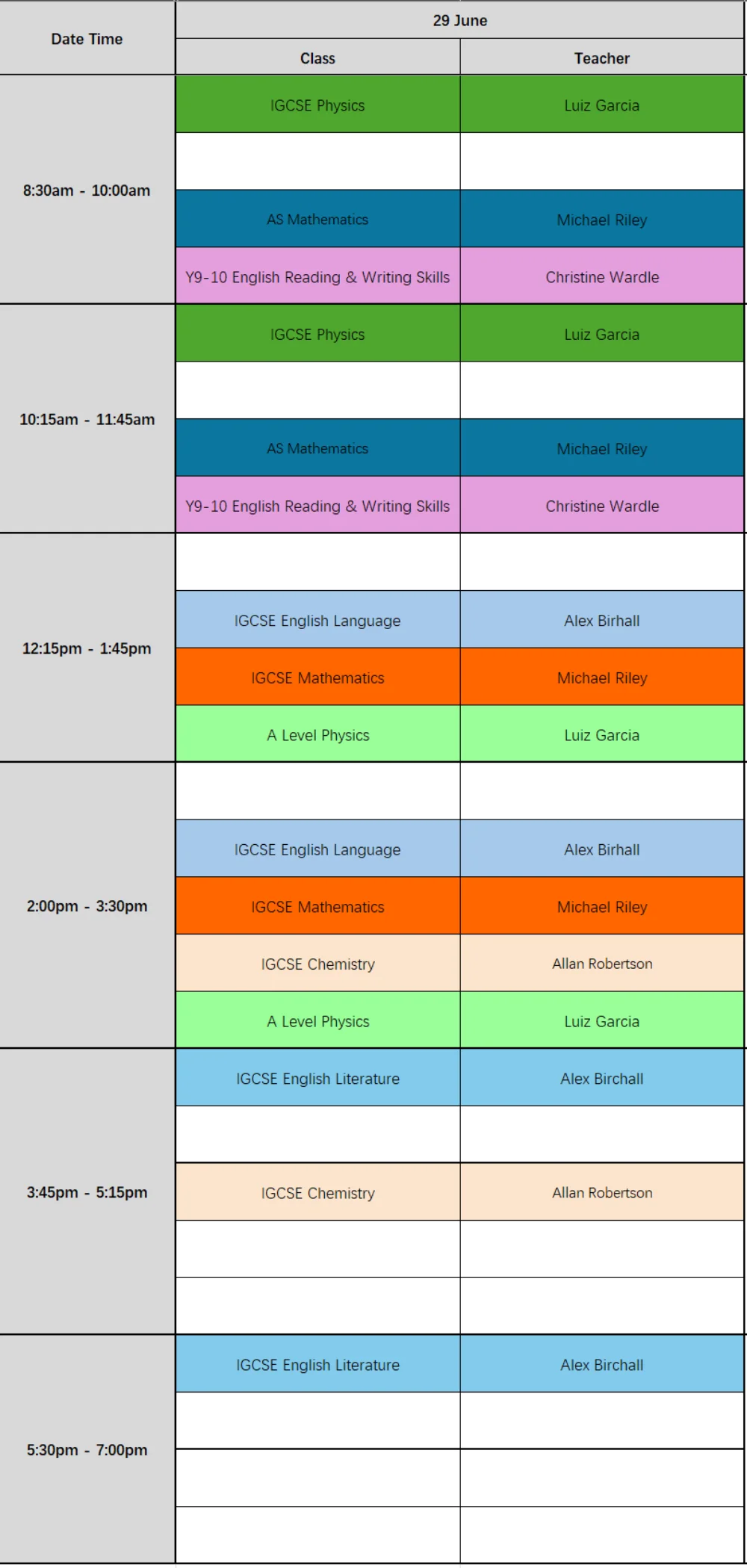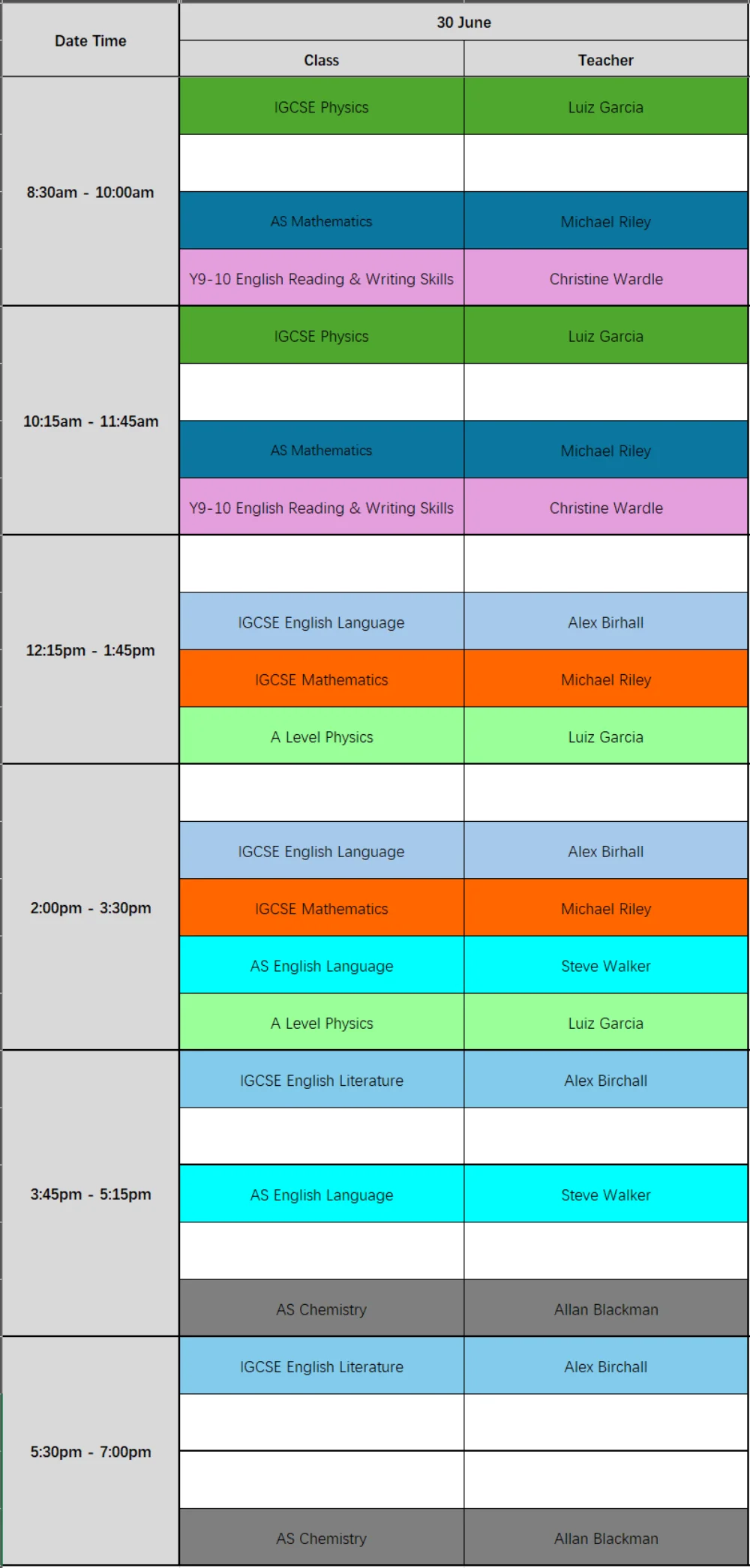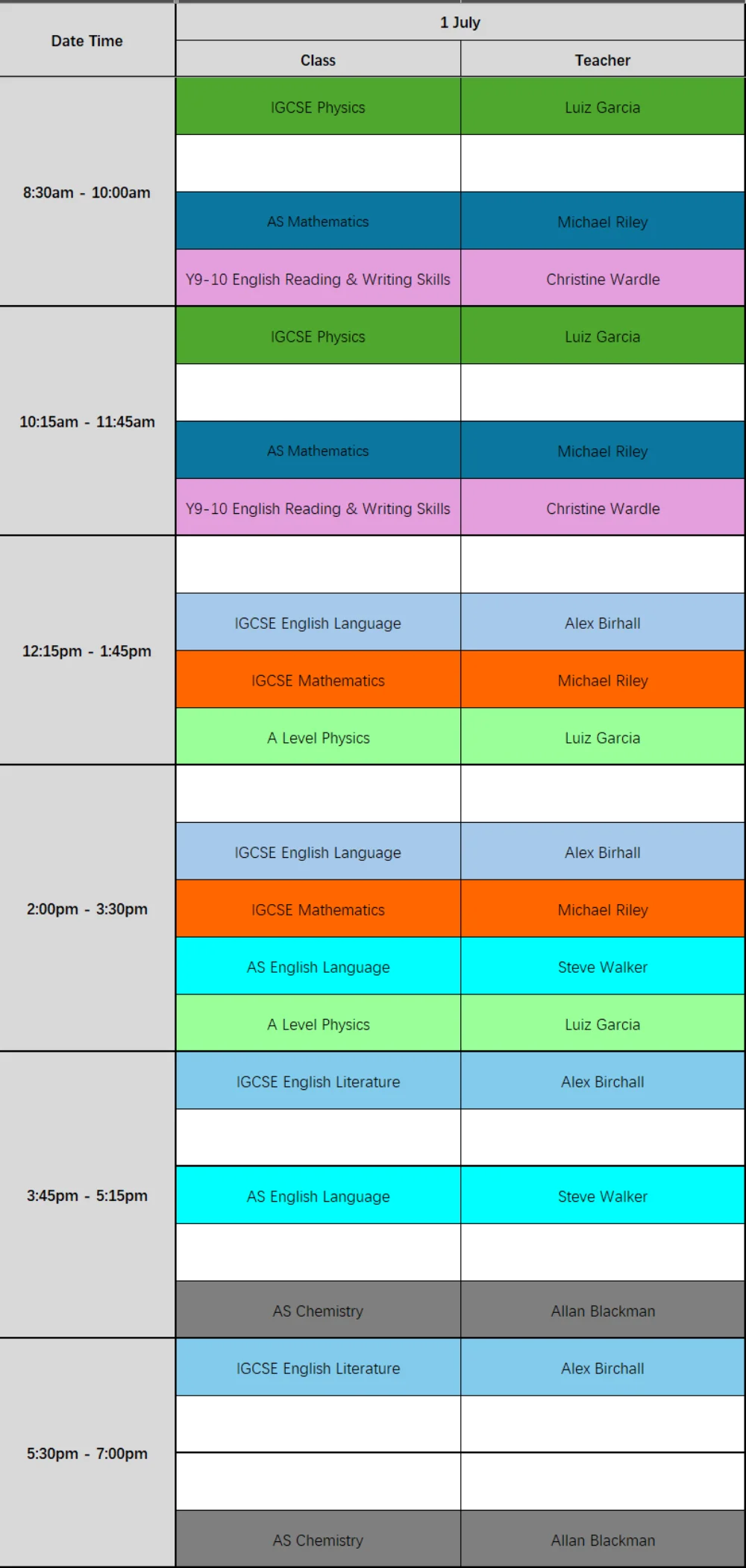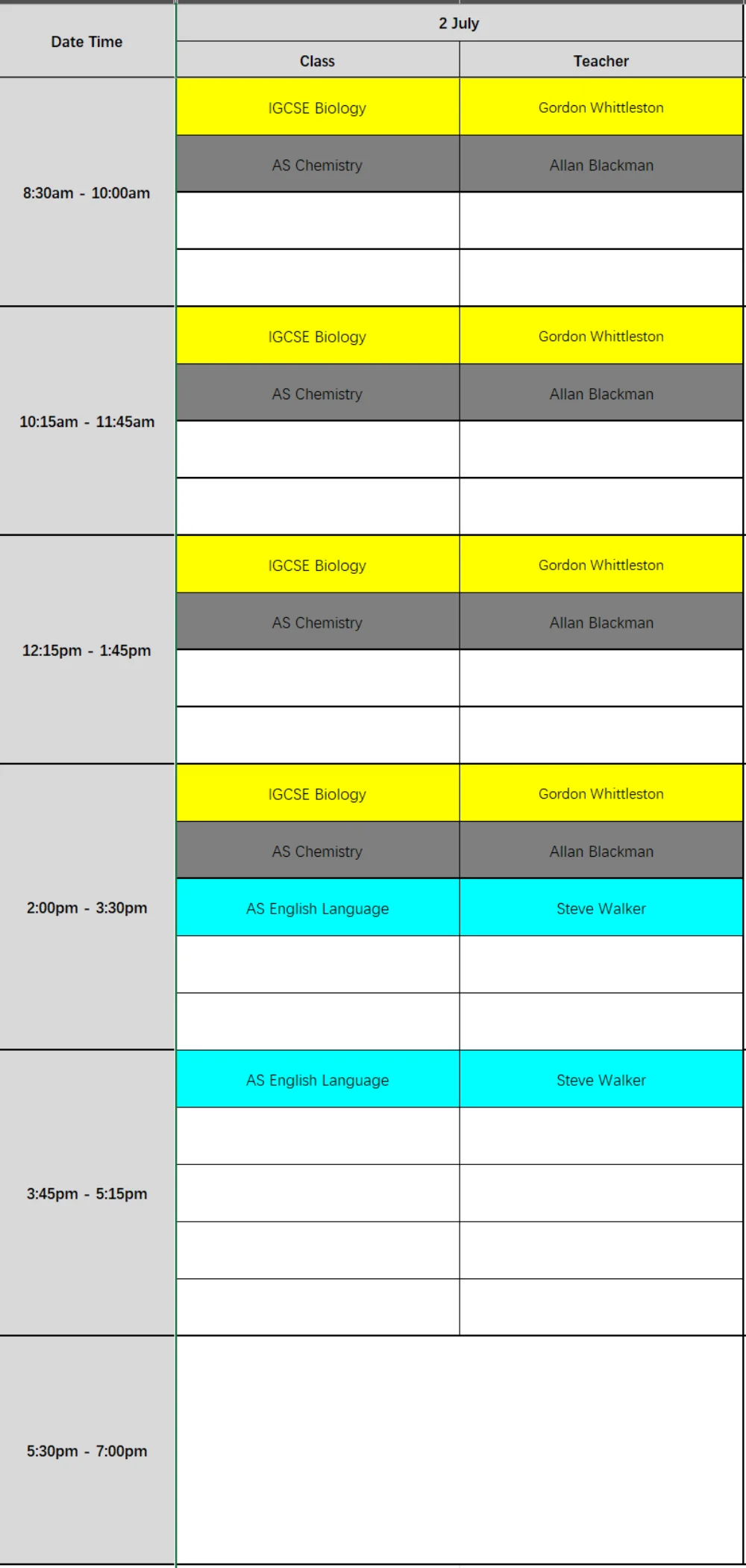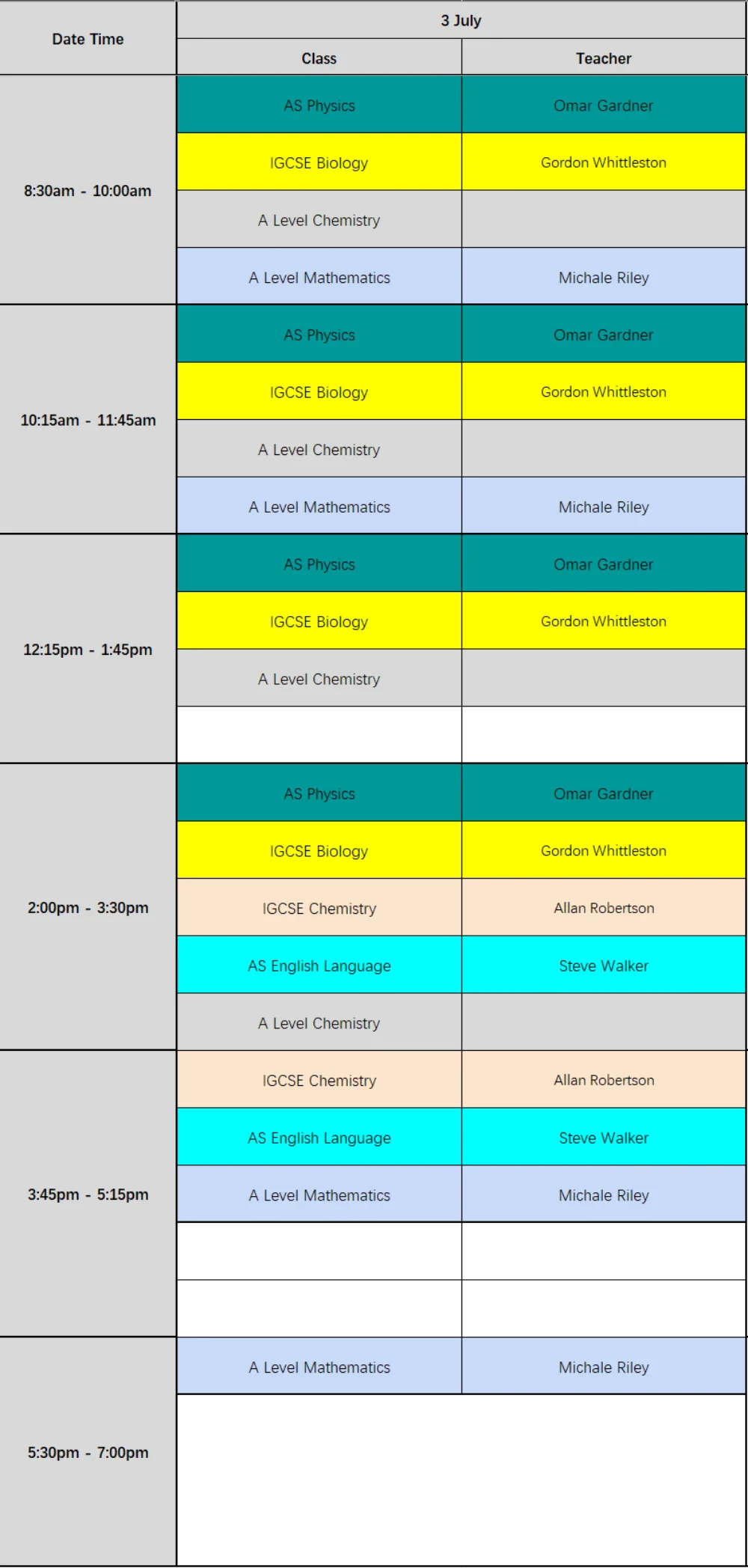Over 470,000 High School Students Compete for Cambridge Exam Results: Which Top Universities Does It Open Doors To?
- 2025-04-15
- Posted by: basco@horntech.co.nz
- Category: News
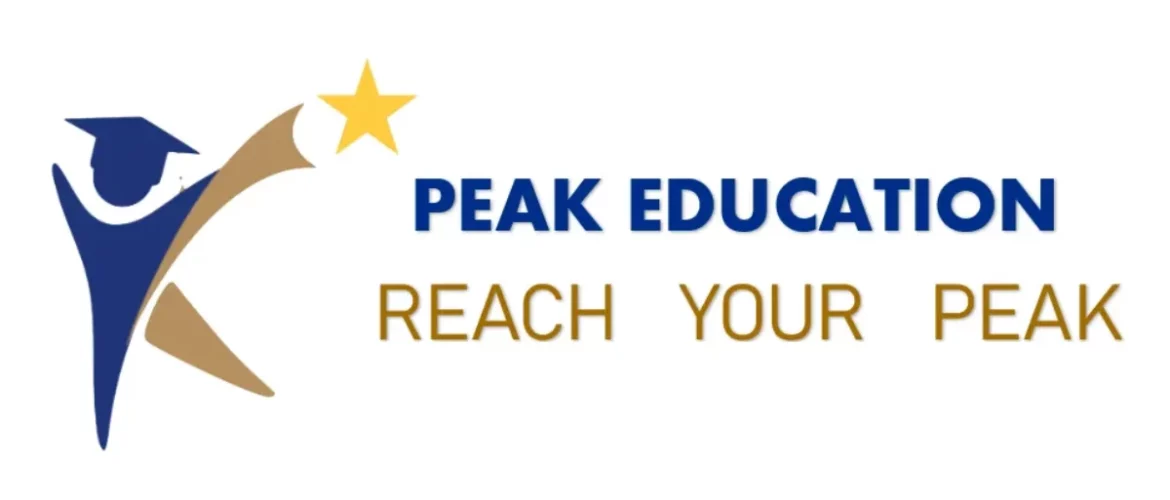
Choosing the Right High School Curriculum for University Admission
Which high school curriculum increases the chances of receiving an offer from a dream university? This is a crucial decision for both students and parents. A common belief is: “NCEA for Australia and New Zealand, IB for the U.S., and Cambridge for the U.K.” But is this truly the case? Instead of relying on hearsay, let’s look at the data.
According to Cambridge Assessment International Education, registrations for Cambridge International AS & A Level, IGCSE, and O Level exams grew by 7% over 2023. A total of 475,075 exam entries was recorded across 4,061 schools in 137 countries. With the June 2024 exam series included, more students have taken Cambridge exams in the past year than ever before.
Do all these students intend to study in the U.K.? Not at all! Cambridge exam results are widely recognised worldwide, including in the U.S., U.K., Australia, South Africa, Germany, and many other countries.
Top Universities Accepting Cambridge Qualifications
United Kingdom
Cambridge qualifications are highly valued by universities in the U.K. and Europe for their academic rigour, equipping students with the skills necessary for success in higher education and beyond. Cambridge International AS & A Levels are considered equivalent to U.K’s own GCSE, AS and A Levels, and are widely accepted for university admissions.
All students must apply through UCAS (Universities and Colleges Admissions Service). The UCAS qualifications handbook states that Cambridge International AS & A Levels are recognised as equivalent to the British GCSE, AS and A Levels, with grades A* to E.
All UK universities – including Oxford – welcome Cambridge International A Level students. However, while strong A Level results provide a solid academic foundation, they do not guarantee admission due to the highly competitive selection process. An interview is usually conducted, either online or in person. This interview can be the difference between a place or not.
United States
Recognition of Cambridge qualifications in the U.S. has been growing rapidly. All Ivy League schools accept Cambridge International AS and A Level qualifications, including:
- Brown University
- Columbia University
- Cornell University
- Dartmouth College
- Harvard University
- Princeton University
- University of Pennsylvania
- Yale University
Yale University grants credits for A Level grades of A or B. A Level results can replace SAT II subject tests on a one-to-one basis. Students with verified A Level grades from an academic advisor may receive academic credits at Yale.
Australia
All Australian universities accept Cambridge International A Levels. For example:
- University of Melbourne: Applicants need at least three A Level subjects with minimum grades of B, B, and C. Some competitive programs require higher scores. The university also accepts combined GCE A-Level qualifications.
- The University Admissions Centre (UAC), responsible for admissions in New South Wales and the Australian Capital Territory, recognises Cambridge A Levels as equivalent to Australian Year 12 qualifications.
New Zealand
All New Zealand universities accept Cambridge International A Levels for admission. The New Zealand Vice-Chancellors’ Committee (Te Pōkai Tara) has set minimum admission requirements:
- For domestic students: At least three AS or A Level subjects with grades of D or better, accumulating at least 120 UCAS points. AS English Literature or English Language must be at least an E grade (University of Auckland requires a minimum D for academic English proficiency). IGCSE Mathematics must be at least a D.
- For international students: A minimum of three A Level subjects, with at least one at grade C or above. General Studies cannot be included in the three required subjects.
Canada
More than 40 Canadian universities currently accept Cambridge International qualifications, and the number continues to grow. The University of Toronto, for instance, considers Cambridge International A Levels combined with three key subjects for admission. Academic subjects may qualify for transfer credits, though applied science and engineering programs do not grant credit for Cambridge courses.
Hong Kong
All universities in Hong Kong recognise Cambridge International A Levels. Some universities grant advanced standing or transfer credits. For example, the University of Hong Kong requires:
- Three A Level subjects with at least an E grade (excluding English/Chinese language subjects), or
- Three AS Level subjects with at least a B grade (excluding English/Chinese language subjects).
Singapore
The National University of Singapore accepts applications from students with Cambridge International A Levels. Applicants must achieve strong results in at least three A Level subjects, though many successful applicants present four or more. A Level results obtained in up to two sittings within 12 months are considered.
Cambridge Qualifications: A Key to World-Class Universities
It is evident that excelling in Cambridge courses and exams provides students with a key to prestigious universities worldwide. While some New Zealand schools offer Cambridge courses, additional tutoring and revision support can greatly enhance exam performance.
NZ Peak Education: Expert Support for Cambridge Students
NZ Peak Education is dedicated to helping Cambridge students succeed. Our highly experienced teaching team offers exceptional support to help students achieve their best possible results.
Meet Our Teachers
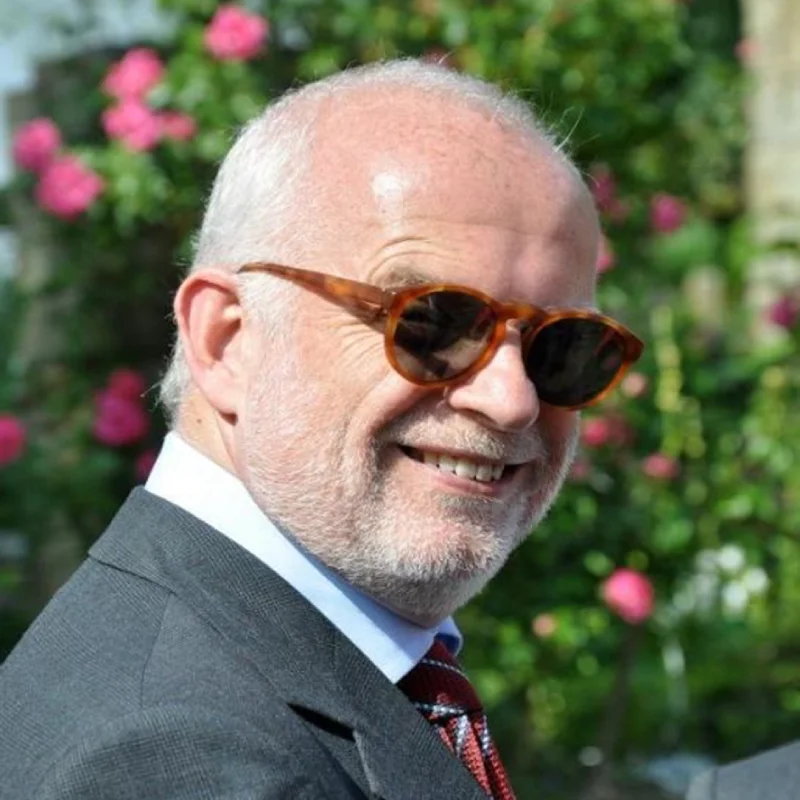
Over 30 years’ teaching experience in CIE English. With a Master’s in English from Cambridge University, Mr. Walker was the Head of the English Department at King’s College for 27 years. His students have been top at IGCSE, AS, A-Level, Bursary and Scholarship in both New Zealand and the world.
IGCSE, AS and A Level
English teacher:Steve Walker
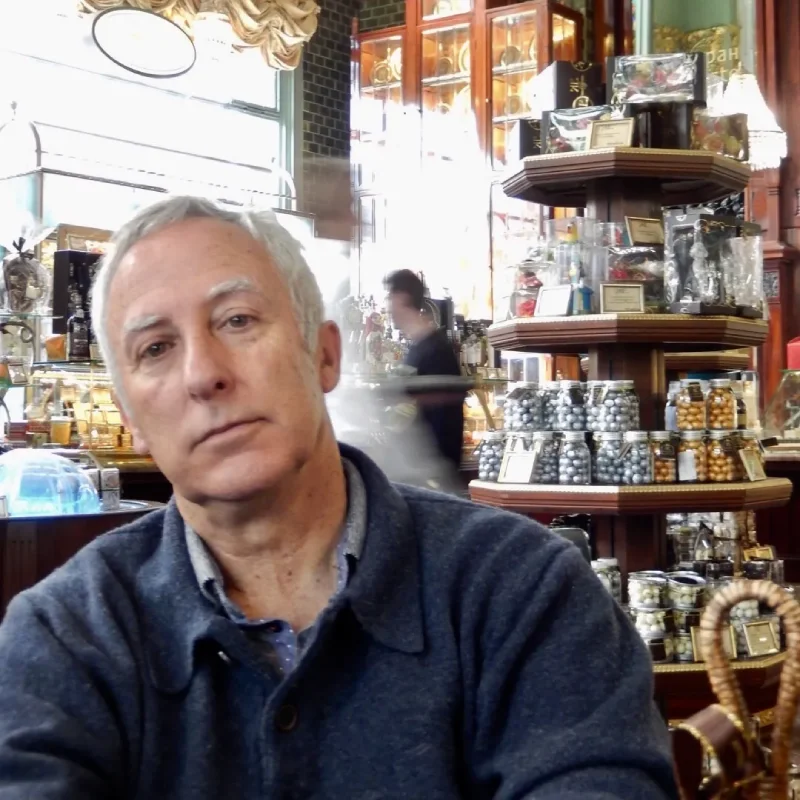
42 years’ teaching in NZ and UK at A Level and IGCSE. Mr. Robertson was a Chemistry teacher at King’s College for over 20 years. Huge experience in the CIE curriculum. His students have won Top in New Zealand.
IGCSE, AS and A Level
Chemistry teacher:Allan Robertson
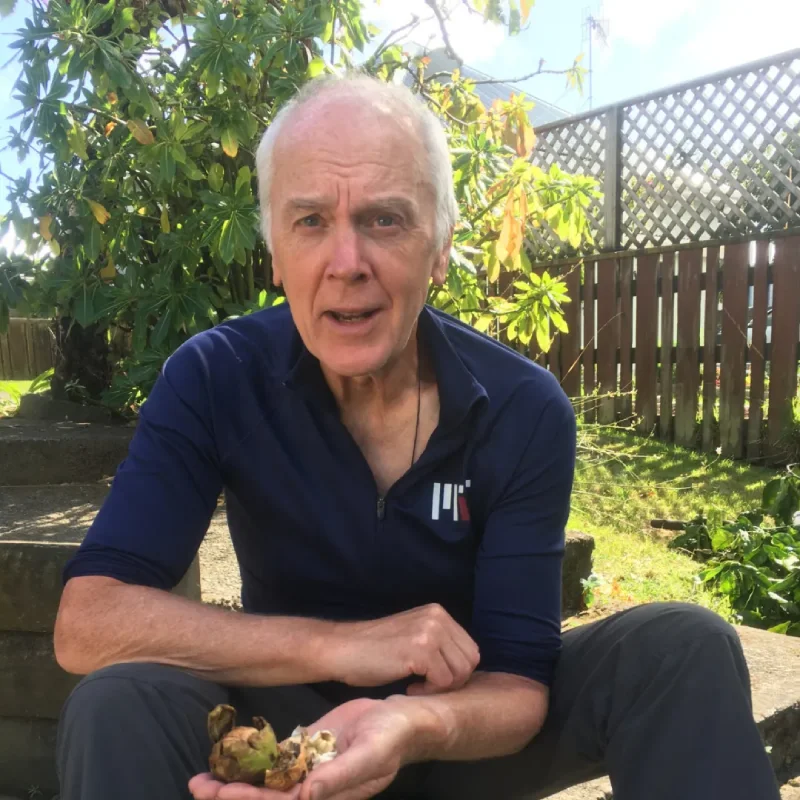
Dr. Whittleston holds a PhD in Biochemistry from Sheffield University. His 3 sons each achieved their Honours Degrees and Doctorates (PhDs) at prestigious universities, namely Cambridge, Leeds, Imperial College. Teaching experience in ClE Biology or Headmaster of International schools. Dr examiner, question setter, Principal and Chief Examiner for several UK GCSE and A Level examination boards, including Cambridge (ClE). Dr. Whittleston remains committed to achieving the best for his students.
IGCSE, AS and A Level
Biology Teacher:Dr. Gordon Whittleston
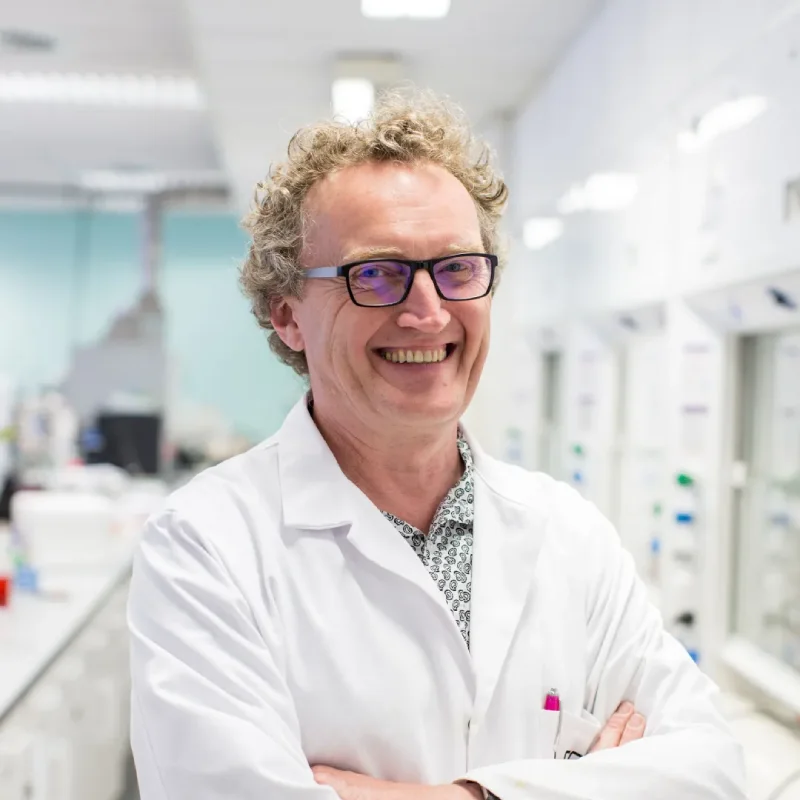
Professor Blackman obtained his BCs (Hons) (First Class) and PHD degrees from the University of Otago. Following a period of postdoctoral study in the USA, he has studied chemistry for 33 years, having subsequently won teaching tertiary student and University teaching awards during this time. He is the lead author on the best-selling first year chemistry textbook in Australasia (“Chemistry” by Blackman, Bottle, Schmid. Mocerino, and While Https://www.wiley direct.com.au blog/by/chemistry/) and he has a YouTubechannel devoted to helping students understand the fundamentals of chemistry (Chemistry Matters).
AS and A Level
Chemistry teacher Professor Allan Blackman
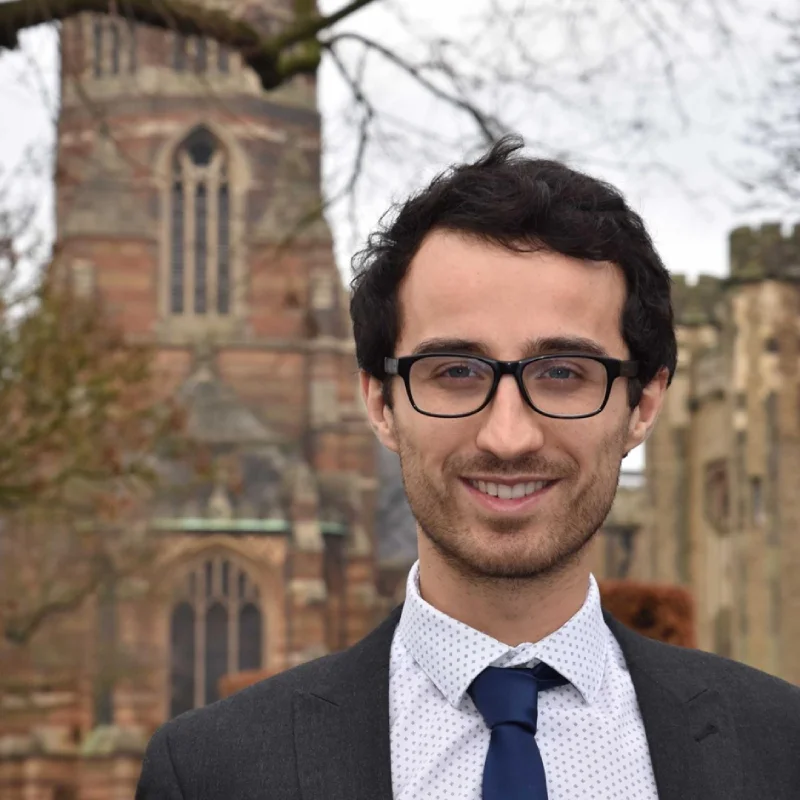
Mr. Gardner holds a First ClassMSci in Natural Sciences (Astrophysics) from University College London. Over 15 years teaching experience in Cambridge Physics in the UK and NZ.
AS and A Level
Physics Teacher: Omar Gardner
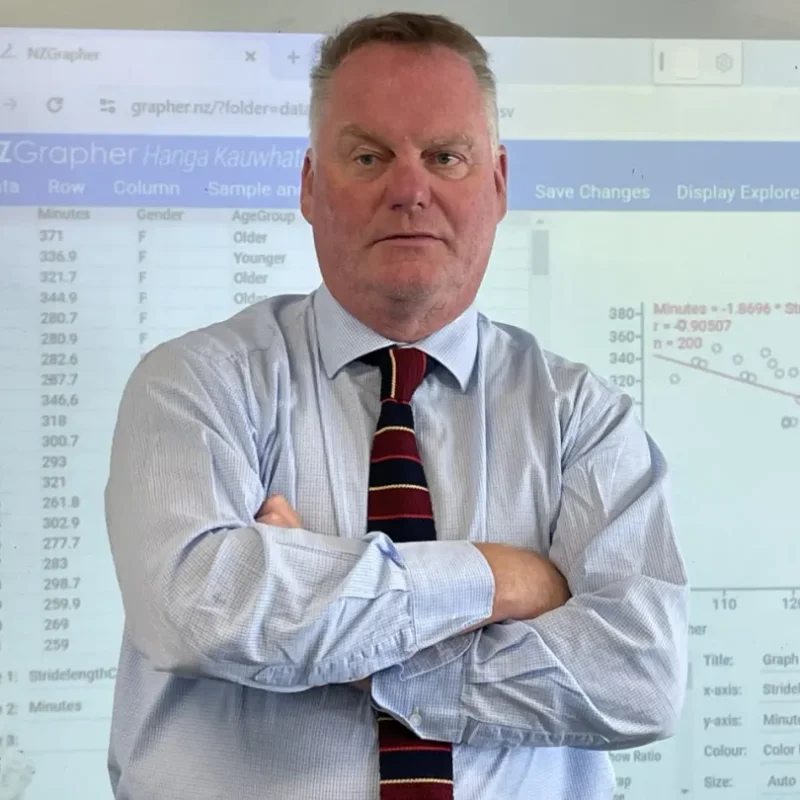
Mr. Riley holds a BSc (Hons) in Mathematics and a Postgraduate teaching experience in both the UK and New Zealand. Mr. Riley served as a grade A examiner for London University Further Mathematics and as a Statistics Coursework Moderation Board, demonstrating his expertise in both teaching and academic assessment. Mr. Riley has consistently led top junior classes to success, including winning the premier NZ Maths Competition five years in a row and running highly successful intensive revision courses that have helped numerous students qualify for their desired undergraduate programs.
IG, AS and A Level
Math Teacher: Michael Riley

Mr. Garcia is a physicist, with a graduate major in Physics teaching. He started his journey as a physicist, tutoring students while he worked on his research at the Applied Nuclear Physics Laboratory in Brazil 7 years ago. Shifting to a full time position teaching physics since then, he moved to NewZealand.where now he standards in the Cambridge curriculum, as well as other international diplomas. Nurturing students to achieve their goals and enter the world’s best universities, he fosters critical thinking for the understanding of natural sciences.
IG
Physics Teacher: Luiz Garcia
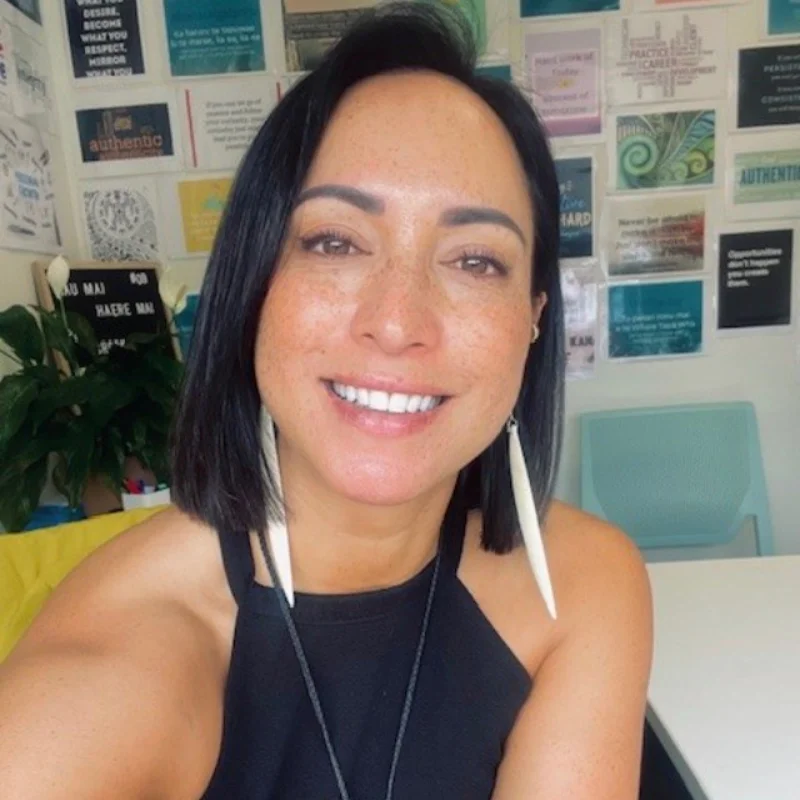
With nearly 19 years of experience in education, Brooke Kapa has previously held roles as Assistant Principal at Kelston Girls College, as well as Head of Bilingual Units and Head of English. She believes in a holistic approach to education that upholds high standards, success, and achievement in partnership with whānau and the wider community.
IGCSE
English Language and Literature teacher:Brooke Kapa
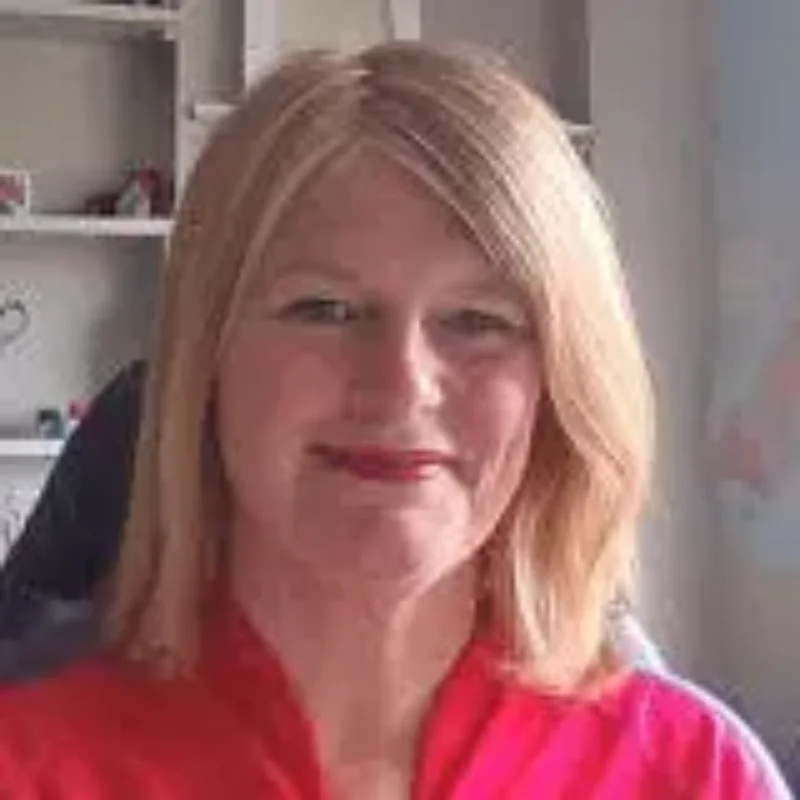
Christine Wardle earned a BA (Hons) in English Literature from the University of Newcastle upon Tyne, followed by a Graduate Certificate in Psychology. She has more than 28 years’ teaching experience and is specializing in the Cambridge Curriculum which she taught for 13 years. Under her guidance, students consistently excelled, with one attaining 100% in the A-Level Special Paper and two successfully passing the Oxford entrance examination.
AS
English Literature teacher:Christine Wardle

